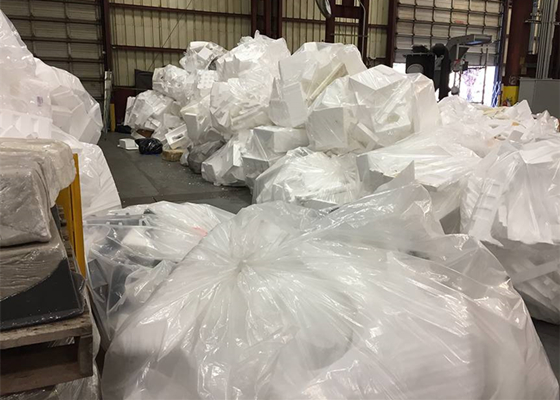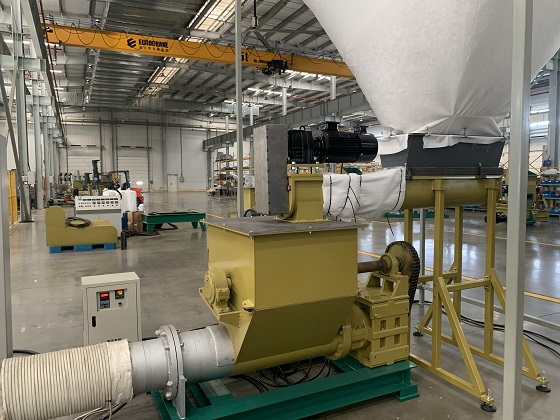FRC Grant 2025: Advancing Foam Recycling with GREENMAX Solutions
The Foam Recycling Coalition (FRC), a segment of the Foodservice Packaging Institute, has officially opened its grant program for 2025. This initiative aims to provide financial assistance to organizations seeking to enhance their foam recycling capabilities, thereby reducing landfill waste and promoting environmental sustainability.

Understanding the FRC Grant Program
Since its inception in 2015, the FRC has been dedicated to increasing the recycling of post-consumer foam polystyrene products, including foodservice packaging and protective packaging materials. The grant program is designed to support both public and private entities in the U.S. and Canada that manage residential curbside recycling programs, drop-off recycling centers, and material recovery facilities (MRFs). Grants typically range from $15,000 to $50,000, depending on equipment needs and project scope.
Eligibility Criteria
To qualify for the grant, applicants must:
Accept post-consumer foam polystyrene for recycling.
Invest in the necessary equipment to collect and process foam polystyrene.
Communicate the addition of foam polystyrene to their current programs directly to households and incorporate this into regular communications and educational materials.
Commit to collecting, processing, and marketing foam polystyrene for a minimum of three years.
It's important to note that communities with existing foam bans are not eligible to apply.
Application Process
The application period for the 2025 grant cycle is currently open. Interested parties should submit their applications by the specified deadline to be considered. Detailed application instructions and selection processes are available on the FRC's official website.

The Role of GREENMAX in Foam Recycling
For organizations aiming to enhance their foam recycling capabilities, partnering with industry leaders like GREENMAX can be a strategic move. GREENMAX specializes in providing advanced foam recycling solutions, including equipment designed to handle various types of foam materials.
GREENMAX PSP Foam Recycling Solutions
Polystyrene Paper (PSP) is a foam material widely used in food packaging, such as trays and containers. Despite its benefits, PSP poses significant environmental challenges due to its bulkiness and the difficulties associated with recycling. GREENMAX addresses these challenges through specialized equipment designed for efficient PSP recycling.
Key Features of GREENMAX PSP Recycling Equipment
High Compression Ratio: GREENMAX foam compactors can reduce the volume of PSP waste by up to 50:1, making storage and transportation more efficient.
Operational Efficiency: The equipment is designed for ease of use, allowing operators to process large amounts of PSP foam with minimal manual intervention.
Environmental Benefits: By converting bulky PSP waste into compacted blocks, GREENMAX machines facilitate recycling and reduce the environmental impact associated with foam disposal.

Integrating GREENMAX Solutions with FRC Grants
Organizations considering applying for the FRC grant can leverage these funds to invest in GREENMAX's advanced foam recycling equipment. This integration offers several benefits:
Financial Efficiency: The grant can offset the initial investment required for purchasing recycling equipment, reducing the financial burden on the organization.
Regulatory Compliance: Implementing efficient recycling processes ensures compliance with environmental regulations and demonstrates a commitment to sustainability.
Community Engagement: Enhancing recycling capabilities allows organizations to engage with their communities more effectively, promoting environmental awareness and responsibility.
Conclusion
The FRC's 2025 grant program presents a valuable opportunity for organizations to enhance their foam recycling initiatives. By integrating GREENMAX's specialized PSP foam recycling equipment, grantees can maximize the impact of the funding, achieving greater efficiency and sustainability in their operations. This synergy not only contributes to environmental preservation but also aligns with the growing emphasis on corporate social responsibility.
